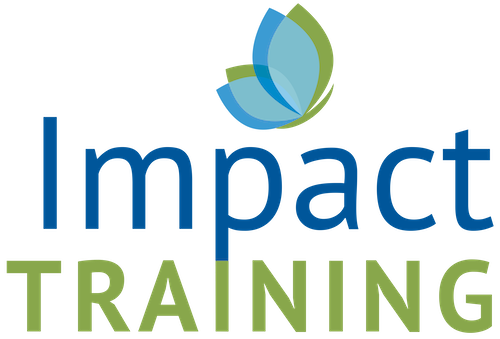Interactional Pattern Analysis (IPA) Level 1
R2,300
Now you can become IPA Level I trained online, on demand, in your own time through our online learning platform!
The Interactional Pattern Analysis (IPA) is a psychological diagnostic tool developed by Charl Vorster and described in detail in his 2011 book “Impact”. The IPA is designed as a framework for diagnosing the underlying mechanisms linked to presenting complaints of clients, to help clinicians accurately aim their therapeutic interventions to the nodal points maintaining the problems in living clients seek help for. The tool can be used within any therapeutic modality, paradigm or approach, it is a tool to fine tune the aims of intervention, and is not an intervention technique within itself. The IPA is a game changer as it helps clinicians understand the underlying mechanisms of distress they observe in their clients, helping clinicians bring about second order change in their interventions, and help clients experience deep and long-term relief. It is broadly applicable and can be used with therapeutic techniques from all modalities as it is not an intervention in and of itself. The IPA is developed out of an interactional paradigm and therefore lends itself well to being trained experientially, through interactions with the trainer and other trainees in discussion and role play. First, the Interactional Approach will be discussed at length, including history, principles, and theoretical variables. From there, the IPA will be broken down into sub clusters of variables that are linked to one another. Each variable will be explored at length via an interactional discussion and contextualized within the higher IPA.
Additional information
| CEUs | 14 General, 1 Ethics |
|---|---|
| Certificate | After completion |
1 review for Interactional Pattern Analysis (IPA) Level 1
Only logged in customers who have purchased this product may leave a review.


Carol (verified owner) –
This training is excellent and covers some of the most fundamental behavioural variables in the relational context. I love the idea of “I am because I relate” and found Jeanie modelled this beautifully in this course. I would highly recommend this training for any practitioner who would like to develop more effective treatment plans based on reliable relational data, rather than psychopathology.